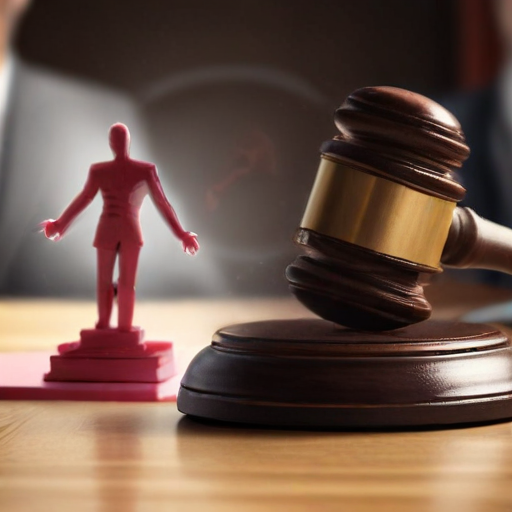A federal appeals court has upheld a national ban on TikTok unless the app’s China-based parent company, ByteDance, sells off its ownership. The court dismissed TikTok’s claim that such a crackdown infringes on the free speech rights of American users, arguing that the app’s extensive reach poses a national security threat.
The court noted that this decision was made with the intent of safeguarding American freedoms from potential data collection by a foreign adversary. The ruling emphasized that the government’s actions were aimed at protecting the First Amendment rights of citizens by preventing foreign entities from gaining undue influence and access to personal information.
The response to this decision has been largely critical, with organizations like the Knight First Amendment Institute expressing concern that the ruling could enable the government to impose overly broad restrictions on American access to foreign media and information.
A spokesperson for TikTok indicated that the company intends to appeal the ruling to the Supreme Court, arguing that the ban is based on flawed assumptions and would silence approximately 170 million American users.
According to the law, TikTok has until January 19 to divest from ByteDance or face a nationwide ban. There is an allowance for a 90-day extension if significant progress towards a sale is demonstrated. The situation could be complicated further by potential maneuvers from the incoming Trump administration, which has expressed intentions to help save TikTok.
If enforced, the law would not only mandate the removal of TikTok from app stores but also impede its operational capabilities, making it ineffective over time. As users wouldn’t immediately lose access to the app, it would gradually become slower and less functional without essential updates.
The possibility of a protracted legal battle looms, as either TikTok or the government can request a re-evaluation from the D.C. appeals court, potentially escalating to the Supreme Court.
This ongoing saga highlights the critical intersection of digital freedom, national security, and international relations in today’s world. As this situation unfolds, it opens dialogue regarding the balance between safeguarding national interests and upholding individual rights. The outcome could reshape not only the future of TikTok but also set precedents for how foreign technology companies operate within the United States.
In summary, the court’s ruling reflects a significant decision on balancing national security and free speech rights while setting the stage for potential complex negotiations regarding TikTok’s future. There is a sense of hope that this issue may lead to greater clarity in regulations surrounding foreign influence in technology, ultimately prioritizing user safety and privacy.
